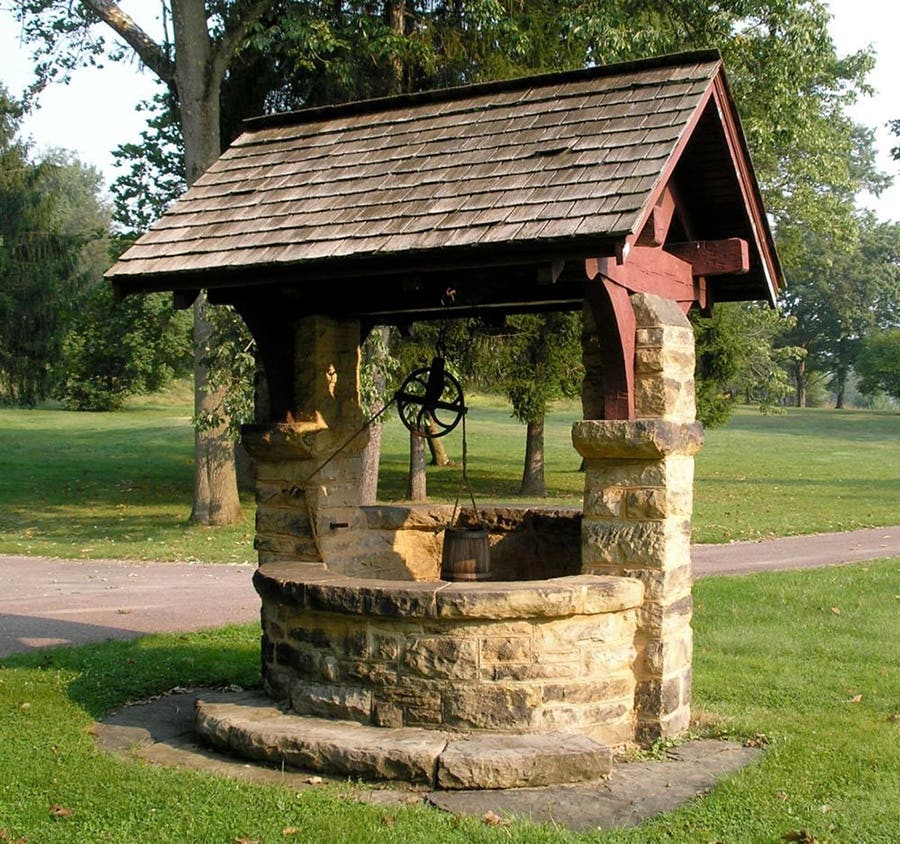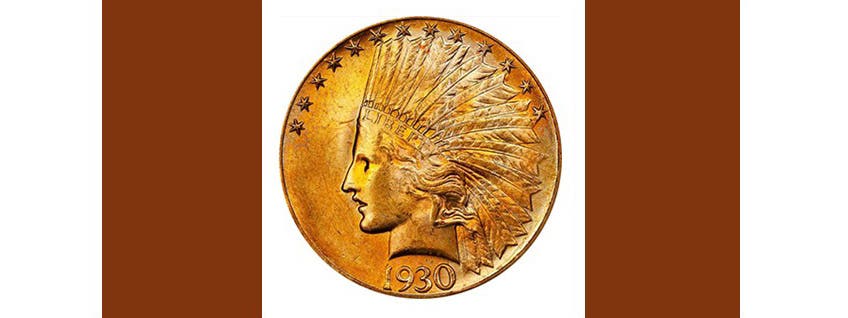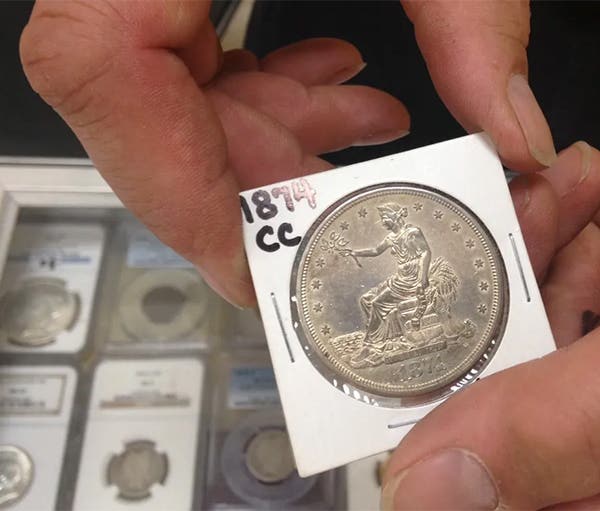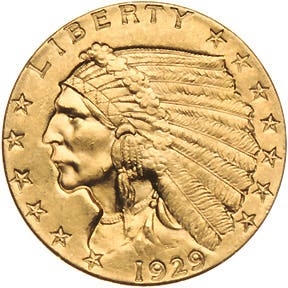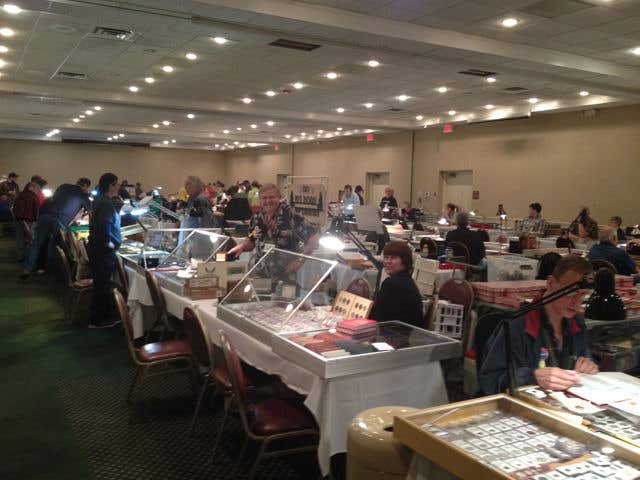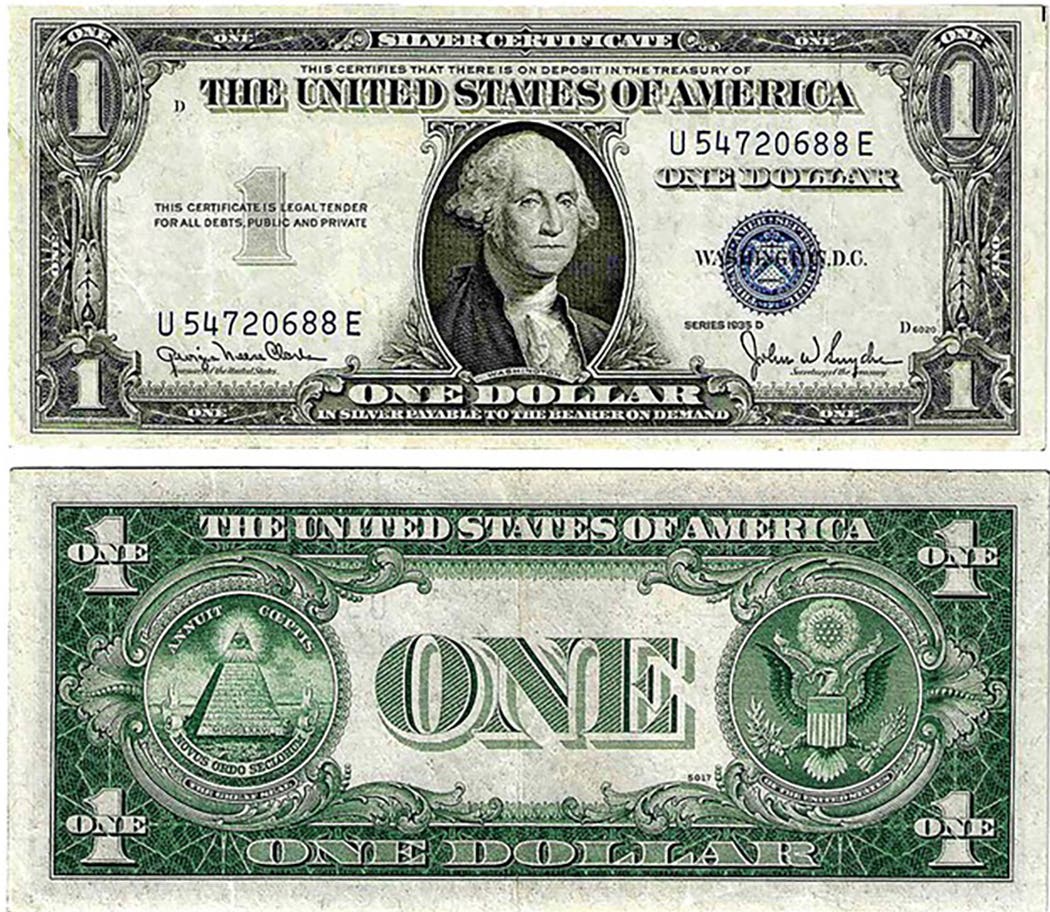Viewpoint: Is collecting an investment or speculation?
By Clifford Mishler Having enjoyed the coin collecting hobby for more than 66 years, I’ve done my share of buying … and some selling. Over that time, I believe I…
By Clifford Mishler
Having enjoyed the coin collecting hobby for more than 66 years, I’ve done my share of buying ... and some selling. Over that time, I believe I can state with certainty, there was only one instance when I purchased something as an “investment.” In truth, that was a “speculation” acquisition; however, one that in short order provided a profitable return on the purchase that I’d made. More on that later.
While reading through a recent Saturday edition of the Wall Street Journal, my eyes were drawn to the headline on a column: “Investor or Speculator: Which One Are You?” In his “The Intelligent Investor” column, Jason Zweig expounded his thoughts on that question, “to clarify the difference between investing and speculating.”
Therein he quotes from investment analyst Benjamin Graham’s “classic 1934 book Security Analysis and The Intelligent Investor (1949); ‘An investment operation is one which, upon thorough analysis promises safety of principal or a satisfactory [or ‘adequate’] return. Operations not meeting these requirements are speculative’.
“The traditional view, dating back at least to the 19th century, is that an investor buys to capture a predictable long-term stream of cash flow,” Zweig observes, “while a speculator buys to harvest a short-term change in price.”
Zweig goes on to illustrate by example: “If you purchase 100 acres of raw land and hold it undeveloped for a half-century because you expect the area to turn into a suburb, are you an investor? The property produces no rent or other income. And you can profit only if, decades from now, someone pays you a higher price after inflation (and expenses). What sounds like an investment is largely a speculation.”
Is that land purchase “speculation” any different than a coin purchase for your collection? The purchase of a coin by a collector does not offer the promise of “safety of principal or a satisfactory return,” which Graham set forth as the principle for an investment. It will not pay a dividend. It will be worth more, or less, in the future depending on demand. It will be a speculation.
Back to my investment vs. speculation experience. It happened early in my collecting career. The offering of a roll of 40 uncirculated 1883 Hawaiian quarters for $124.50 in a The Numismatist ad of the New Netherlands Coin Company during the fall of 1958 caught my eye. I acquired the roll. With Hawaii having become a state on Aug. 21, 1959, I turned around and sold half of the roll for $200 to dealer Toivo Johnson in late 1959 or early 1960.
That made for a nice return on my investment. Bottom line, however, is the fact that what I’d really done was speculate. Given that statehood was impending for Hawaii, I was speculating that the coins would climb in value. I was right. The half-roll sale provided a nice profit on the purchase, and I still had 20 coins left. Perhaps 15 of those remaining pieces are still in my hands today. The others have been given away to individuals as a consequence of casual conversations, most having gone to recipients who were not collectors and had been surprised to learn that King Kalakaua I’s portrait was struck up as a Hawaiian coin.
How does Webster’s Dictionary differentiate between these two terms? The applicable definition of investment: “The commitment of funds with a view to minimizing risk and safeguarding capital while earning a return – contrasted with speculation.” The comparable definition of speculation: “To assume a business (or collecting) risk in hope of gain – contrasted with investment.”
Take note of the key words in Webster’s descriptions:
Investment: Earning a return.
Speculation. Hope of gain.
Having made countless acquisitions over the years, some before and many after that Hawaiian quarters purchase, none of them were ever made as investments or in speculation, but because I liked them, felt they were reasonably priced, could afford them and wanted to take possession of them. A few of those acquisitions have been subsequently passed on at a profit, and others at a loss.
Those acquisitions were certainly acquired with the knowledge of the likelihood that if at some future time I would decide to dispose of the items acquired, their value then would hopefully provide a positive return. But if not, they would possess some measure of residual value. That, in contrast to having pulled a stool up to the retail side of a bar or having filled and expended a snowmobile gas tank, for example. Not that I bemoan anyone for having chosen to exercise either of those or other options; I have just favored coin collecting instead.
None of the items I’ve acquired over the years have the capability of earning a return, and none have really been acquired with a hope of gain, they have just appealed to my senses and capabilities.
The acquisition of a coin by a collector can never be an investment, in my opinion. It can at best represent enjoyment or satisfaction. Rather, on balance, it must be considered to be a speculation.
On the other hand, in my opinion, a dealer can acquire a coin as an investment, as he can prudently calculate a profitable return in a reasonable time based on his marketplace knowledge and insight.
I have long bemoaned the inclination of our hobby community, both collectors and dealers, to invest in coins their potential as investment vehicles. Speculative vehicles, yes, but investment vehicles, no.
As Mr. Zweig analyzed in his column, regarding the definitiveness of Graham’s deductions, “Can any analysis ever be thorough enough to ‘promise’ safety or a positive return?”
I submit that for coins, just as for stocks and bonds, the answer that can be unquestioned is: No!
Pursuit of our hobby community can certainly be enjoyable and rewarding, but it does not embody any investment assurances, only speculative possibilities. I’m very comfortable with that deduction; hopefully you are as well. If you are, your involvement will never leave you with a feeling of dissatisfaction.
This Viewpoint was written by Clifford Mishler, Numismatic News columnist, past Krause Publications president and past American Numismatic Association president.
Viewpoint is a forum for the expression of opinion on a variety of numismatic subjects. To have your opinion considered for Viewpoint, write to David C. Harper, Editor, Numismatic News, 700 E. State St., Iola, WI 54990. Send email to david.harper@fwmedia.com.
This article was originally printed in Numismatic News. >> Subscribe today.
More Collecting Resources
• Are you a U.S. coin collector? Check out the 2017 U.S. Coin Digest for the most recent coin prices.
• Purchase your copy of The Essential Guide to Investing in Precious Metals today to get started on making all the right investing decisions.

